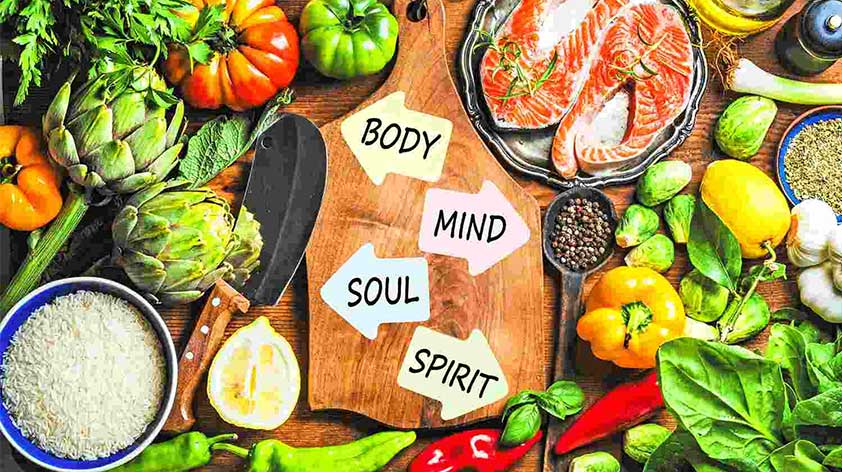
Are you what you eat? Probably not totally, but you do feel what you eat? Making healthier decisions when it comes to eating doesn’t only help control your waistline, it can also add a tremendous boost to your mood and health, providing a sustainable long-term lift in your energy overall. Read on for Food & Mood: 3 Keys to Understanding How Their Relationship Affects You!
1. Scientifically speaking…
From a scientific point of view, unhealthy eating patterns can cause mood swings due to nutritional imbalances and blood sugar fluctuations. Do you ever feel tired and cranky after skipping a meal? That’s because your blood sugar drops. When you decide to cut carbohydrates from your diet, your body lacks a way to produce serotonin; the feel-good brain chemical responsible for elevating mood and naturally suppressing appetite. By changing your diet, you are able to trigger physiological and chemical changes within the brain which in turn, lead to an alteration in behaviour and emotions – that’s the food and mood connection.
2. People Eat to Feel Better
In recent years, evidence shows that healthy food can promote development, prevention, and management of mental health conditions; including depression and anxiety. However, this is interchangeable as depression can also lead to a higher consumption of sugary and processed foods. As high consumption of such foods leads to increased rates of obesity, this leads to further depression – an endless cycle of emotional eating.
Be Aware of What You ‘Comfort Eat’ and Emotionally Feed On!
Why does a person eat sweets and fats when feeling down? It’s because these food groups seem to pleasure the same parts of the brain that addictive drugs do. Thus, the person’s mood is “improved”, reducing feelings of depression or stress, for a short period of time at least. The link between diet and mental health is a two-way street – if you have mental health issues, it may be more difficult for you to eat well, but a poor diet may also play a part in poor mental health.
3. Food & Mood: Recommendations
So what is one supposed to do? By enjoying a broad variety of whole food groups, you can actually prevent and alleviate symptoms of depression and anxiety. Also, by incorporating a well-balanced diet into your eating habits, your body will receive all the nutrients it needs to stay in good health.
However, being healthy isn’t just about nutrients. Experiencing an explosion of flavours and taste sensations with foods that you actually enjoy is extremely important for good mental health.
Being Mindful around Eating is Your Master Key to Balance & Well-Being!
Where eating high-sugar foods to escape negative feelings is called ‘comfort’ or ‘emotional-eating’, mindful eating is the antidote to ‘eating for escape’. Although carbohydrates have long been portrayed as ‘bad’, low-carb dieters are more likely to feel angry, tired, tense, and depressed than those who get the right amount.
It’s not about cutting out carbohydrates completely, but being able to mindfully choose ‘smart’ ones. Of course, over eating endless amounts of chocolate isn’t optimal for health, but a few pieces of dark chocolate here and there can produce a near-euphoric state in many people.
Not only that, it has a decent amount of protein, fibre, is readily assimilated and is thoroughly delicious! In the end, it’s all about balance and eating mindfully – eat slowly, focus on the present moment, and relish the experience of your healthy food choices.









